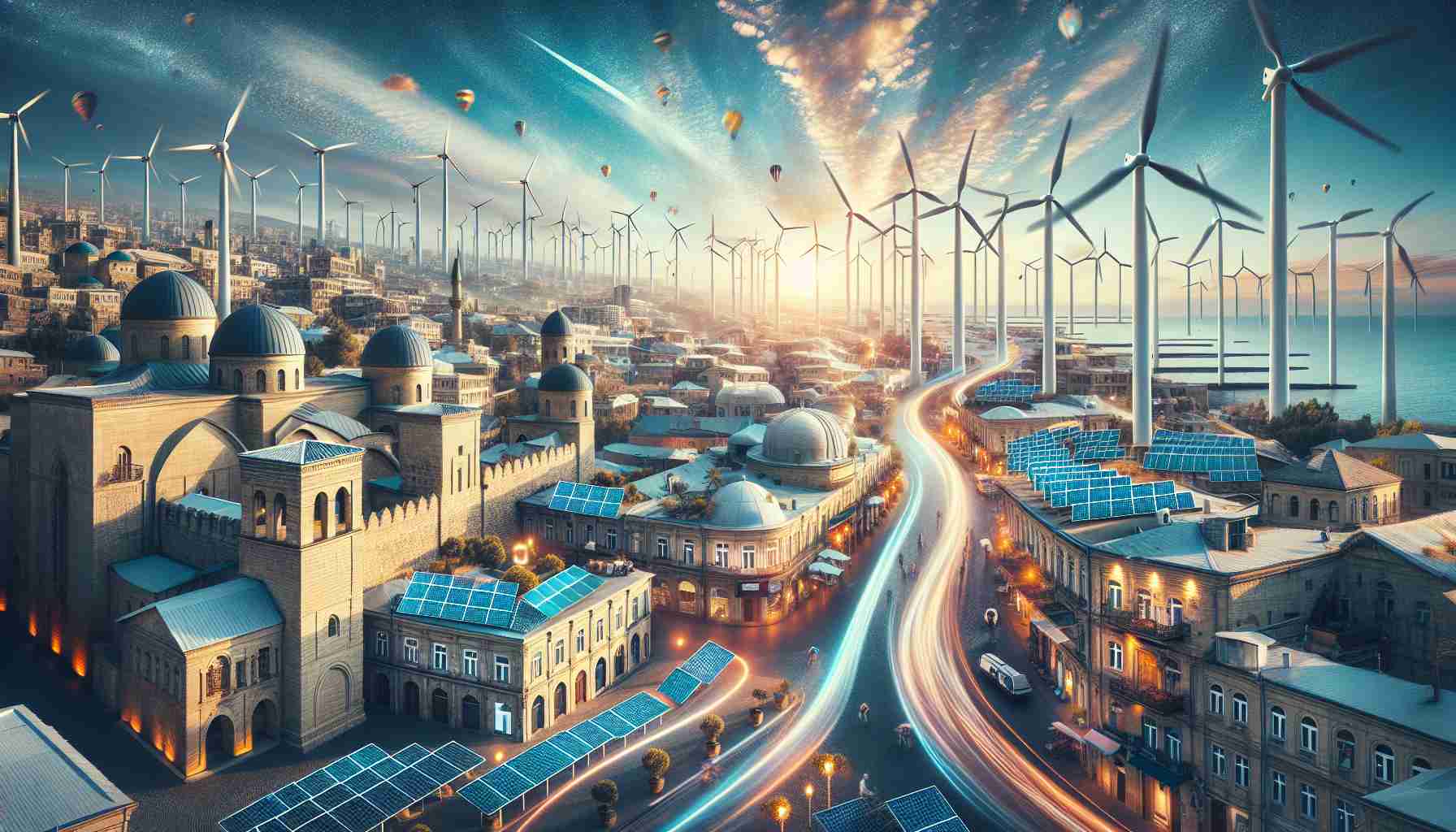Azerbaijan is poised for a major shake-up in its energy sector, as the country steers towards increasing its fossil gas production over the coming decade. The state-owned oil and gas behemoth, Socar, alongside its affiliates, plans to substantially boost annual gas output to cater to escalating demands, especially from the European Union. This anticipated rise in exports hints at a transformative moment in global energy exchanges.
Global Climate Dialogue in the Balance
This shift holds significant weight as international climate summits, like Cop29, stress the critical need to curb fossil fuel consumption. With warnings from scientists about climate change’s dire threats, aligning energy policies with environmental objectives is not just beneficial but essential to securing the planet’s future.
Emerging Green Initiatives
Despite these challenges, Azerbaijan is not solely betting on fossil fuels. Recent initiatives have spotlighted the nation’s emerging focus on renewable energy, with growing investments in solar and wind projects broadening their energy mix. This maneuver indicates a budding commitment to embracing greener practices and cutting down on fossil fuel dependency.
Geopolitical and Economic Hurdles
Yet, integrating renewables is no small feat. Azerbaijan’s pivotal role in the region’s energy network introduces complexity, as shifts in energy production could recalibrate relationships with nearby nations and international markets. The balancing act between maintaining traditional hydrocarbon revenues and fostering a new energy identity is fraught with both promise and contention.
In conclusion, the energy evolution in Azerbaijan encapsulates a critical intersection of opportunity and challenge. Navigating these dynamics skillfully could position Azerbaijan as a leader in global energy.
